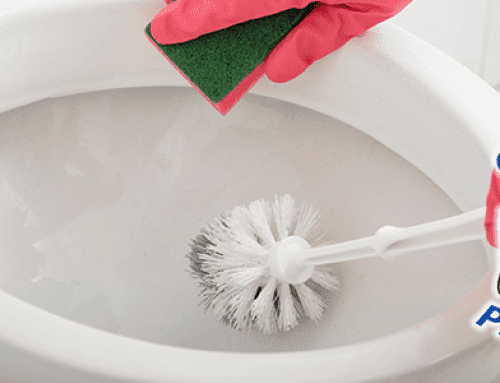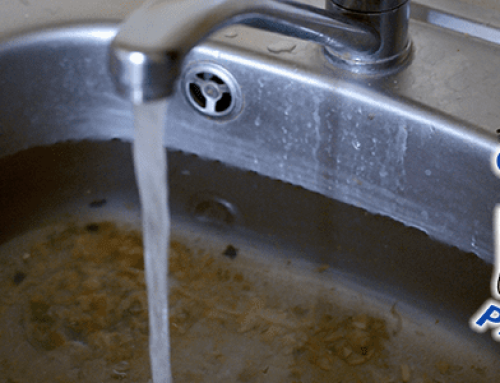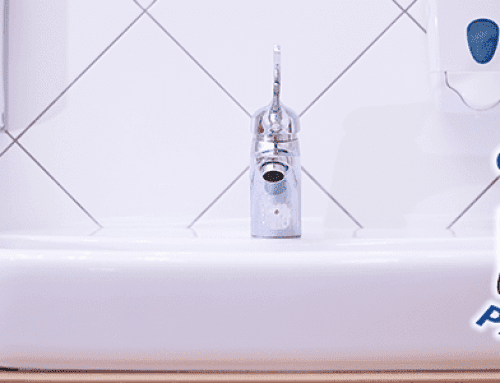Reasons Why You May be Running out of Hot Water
Be it a nice, much-needed shower after work or simply some manual dishwashing. Suppose you ever found yourself running out of hot water during any of these activities. In that case, you are more than plenty aware of just how frustrating it can be to have the pleasant, relaxing warmth suddenly be ripped away and replaced with the bitter chill against your skin! If you feel like you aren’t getting enough hot water from your heater, here are a few reasons why this may be happening.
Adjust your Thermostat
A thermostat on your heater is responsible for controlling the heat of the water in the tank. Though most heaters come pre-set at 140 degrees Fahrenheit (and a homeowner should not raise it any higher than that to not risk possible scalding), your thermostat may be running at a lower temperature such as 120 degrees. At this point, you may consider raising the temperature to 140.
Overuse of Hot Water
Though perhaps a bit more obvious than any of the other reasons listed, overuse is not an all that unusual way for your hot water to run out. There is a limit to how fast your heater can heat the water for your house. If you are running your dishwasher while you plan to take a bath or a shower, there is a high probability that it will eventually run out of hot water for your use. Our advice is to simply put the dishwasher on either before or after you shower if you find yourself running out of hot water.
Broken Dip Tube
The Dip Tube is responsible for pushing cold water to the bottom of the tank to prevent it from mixing in with the hot water. At the bottom, it’s heated to make sure it’s the same temperature as the rest of the tank. If the Dip Tube breaks, the cold and hot water will begin to mix. When Faucets are turned on, the water is meant to come from the top of the tank or, in other terms the hot layer. If there is no separation between hot and cold water, you might find your water becoming lukewarm quickly or simply not be hot enough when it comes out of the faucet.
Sediment Buildup in the Tank
Rarely is your water source providing your heater with 100% pure water. More often than not, what arrives within your house will be hard water, meaning it will contain plenty of dissolved minerals, sand, and other particles within it. This is not inherently bad as this sort of water can carry some minor health benefits. However, it can lead to a long-term sediment buildup within the tank.
When this happens, water within the tank will heat up far slower, meaning that your water is likely to end up lukewarm after a few moments. The best solution to fix this is to drain the tank and use a water softener.
Broken Gas Valve
As your water heater gets older, its gas valve becomes increasingly susceptible to damage, especially if your device hasn’t been actively maintained for a long period. Your gas valve is likely broken if you smell rotten eggs or garbage without a clear source. In such a case, switch off your gas and urgently call either your gas company or a plumber. Do not attempt to fix this issue yourself.




